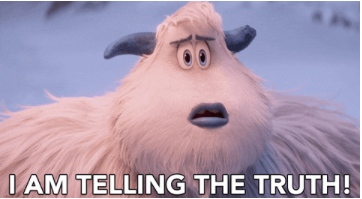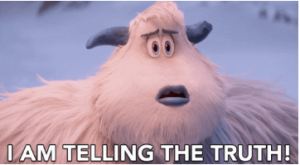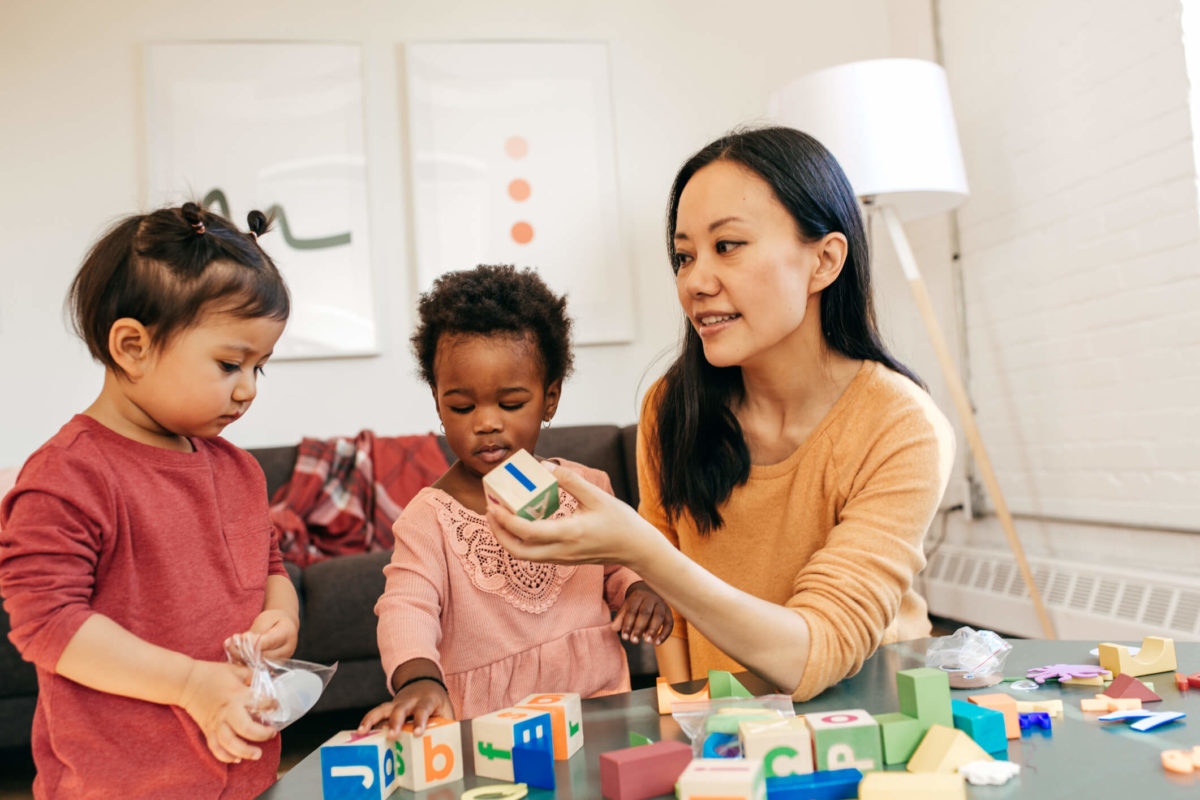


In your child’s early years you are their advocate. It’s astonishing how quickly you get to know your baby! Mannerisms, facial expressions, likes & dislikes, favourite toys, certain routines: you become their expert. Words, sounds, cries: you translate. This role is crucial and no one would try to deny that you know your little one best.
For children whose speech & language development is atypical, this remains essential for longer. Such children are often misunderstood. Their speech can be unintelligible and it can be hard for others to ‘tune in.’ Using the wrong word or phrase and telling a story in the wrong order confuses listeners. Not being able to get to the point in explaining things; changing topics in the middle of a different topic; struggling to understand; struggling to remember are common characteristics for these children. These children can become anxious and withdrawn. Their lives can be confusing and exhausting. Having someone who ‘gets you’ and can advocate for you is a lifeline.
With support these individuals can do well. They can succeed in school and at work, engage in a variety of hobbies or extra curricular activities and enjoy lasting relationships. They can thrive. Something each parent desires and each child should be able to achieve.
Without support such people struggle hugely with self esteem, often believing they’re stupid. Learning is hard. Making and keeping friends can be hard. Attending after school clubs, sports and social activities can also be hard. Having a voice that is heard and understood is hard. Forming an identity through conversation and verbalising your opinions is hard. It can be a tough road.
DLD FACTS:
Many children referred to Speech & Language Therapy present with Developmental Language Disorder, DLD. It is estimated that 2 children in each class has DLD.
DLD is one of the most common neurodevelopmental disorders. At a prevalence of 7.58%, it is nearly 7 times more common than autism spectrum disorder and 46 times more common than permanent childhood hearing impairment.
People who have DLD face significant risks. They are 6 times more likely to have reading disabilities, 6 times more likely to have significant spelling problems, 4 times more likely to struggle with maths, and 12 times more likely to face the combination of all three of these difficulties.
(All stats quoted from McGregor, ASHA 2020.)
If your child has a problem learning or using language, they need specialist help. And you, as their advocate, will need help supporting them.
Trust yourself. You are not making it up: you know your child. It is essential that you, your children’s advocates, are listened to and enabled. You may need to repeat yourself, request support or referrals multiple times, be the pushy parent you swore you’d never be, research your child’s rights and share why your child struggles to ‘get it’ or to be clear. But if you don’t, who will?
If this resonates with you get in touch. You matter, your child matters and you aren’t alone. We can connect you with others who face the same issues and I promise you, you will be believed. Let’s talk DLD. Let’s get this better understood and better supported.
Catherine Ornstein Speech Therapy run free parent support groups. Individualised assessment and therapy packages are available too, and for families on low income there is support available.
email: catherine.ornstein@protonmail.com
website: https://www.catherineornsteinspeechtherapy.com
ASLTIP’s membership has been growing rapidly since 1989. We are a support organisation run by our members. The executive board is always grateful for new members and new ideas.
Apply for a membership
